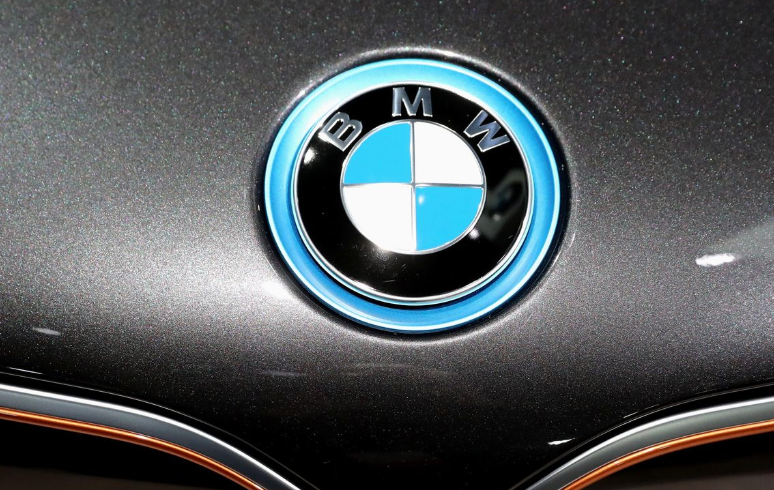While Tesla continues to waltz around regulators, breaking any and all securities laws it wants to, underreserving its warranty liabilities and allowing its self-driving cars with human beta testers to slam into inanimate objects before bursting into flames, regulators have decided to instead pay attention to BMW.
It was reported yesterday that the SEC has now opened an investigation into whether BMW's sales figures have been manipulated, according to the Wall Street Journal. On a side note, there's been no word on whether or not BMW counts its "factory gated" vehicles in its press releases.
Instead, the SEC is looking at whether or not the automaker has engaged in "sales punching", a practice that encourages dealers to register cars despite them not being sold.
BMW acknowledged they were being investigated, stating: “We have been contacted by the SEC and will cooperate fully with their investigation.”
BMW also faces litigation by European authorities on allegations of colluding with rivals to manipulate prices and control emissions. BMW has vowed to fight the case and took a $1.1 billion charge as a result in April.
The company has also faced headwinds due the U.S./China trade war's effect on its Spartanburg, S.C. factory exports.
The SEC investigation comes as U.S. officials are reportedly pursuing other car companies suspected of engaging in the same practice.
Fiat paid a $40 million fine in September to settle claims by the SEC that the company had paid dealers to report exaggerated sales numbers. But don't worry, the company has said it "reviewed and refined its sales reporting procedures and was committed to maintaining strong controls."We feel better.
Fiat was also forced to revise several years of sales results, nullifying a streak of 75 months of sales increases. Using the revised numbers, the streak ended in September 2013.
Regulators also found that VW had defrauded U.S. consumers and the U.S. government in 2015 by rigging their cars to cheat emissions tests.
As a reminder, the investigation into BMW comes at arguably the peak of the auto bubble - as well as the peak of auto regulator apathy. We recently reported that only 7% of incomes had been verified on new auto loans since 2017 and, despite these ongoing investigations into other companies, the name we see as the industry's main offender, Tesla, has been mostly left alone by regulators.
